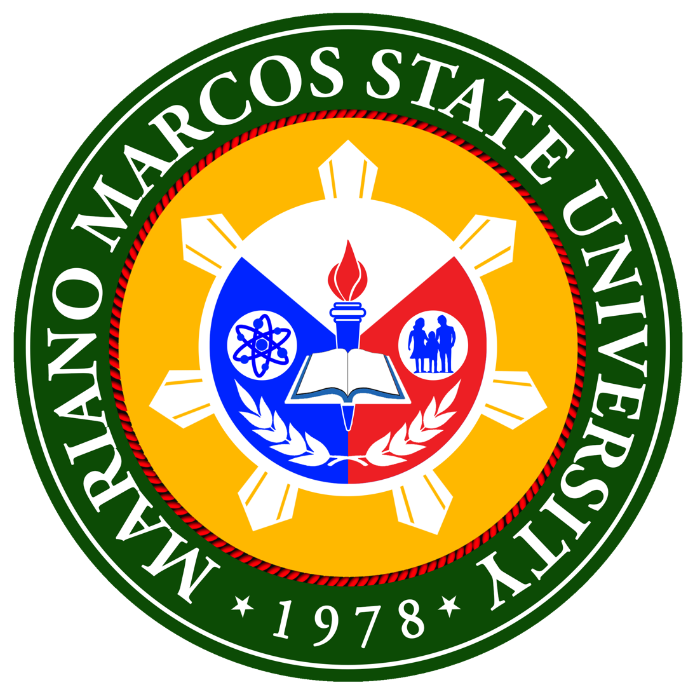DOST-1 taps MMSU for community program in Nueva Era
By Daniel P. Tapaoan, Jr.
In another noble partnership, the Department of Science and Technology (DOST) in Region 1 has again tapped the Mariano Marcos State University (MMSU) as a collaborator in the implementation of the Community Empowerment through Science and Technology (CEST) program in Nueva Era, Ilocos Norte this year.
CEST is an ongoing development program of the DOST which aims to build a progressive, gender-responsive, empowered, and resilient communities through a package of science and technology (S&T) interventions.
Particularly, the agency partners will deliver S&T interventions focusing on health and nutrition, water and sanitation, basic education and literacy, hazard mitigation and climate change adaptation, and livelihood/economic enterprise development in the third-class municipality. Beneficiaries come from the 11 barangays of the town: Acnam, Barangobong, Barikir, Bugayong, Cabittauran, Caray, Garnaden, Naguilian, Poblacion, Sto. Niño, and Uguis.
Nueva Era was identified by the Philippine Statistics Authority as one of the local governments with high incidence of poverty in Ilocos Norte based on its Municipality and City Level Small Area Poverty Estimates 2018.
The start of the program was formally sealed through a signing of a memorandum of agreement (MOA) by Engr. Sancho Mabborang, DOST undersecretary for regional operations; Dr. Teresita Tabaog, DOST-Region 1 OIC-director; Dr. Nathaniel Alibuyog, MMSU vice president for research and extension; and Nueva Era Mayor Aldrin Garvida in a ceremony held on May 16 in the Don Mariano Marcos Memorial State University - International Convention Center in Bacnotan, La Union.
Representing MMSU President Shirley C. Agrupis in the MOA signing, Dr. Alibuyog reaffirmed the university’s commitment to help the less-privileged communities in the province. “We commit to extend our services beyond the academe by conducting training programs and knowledge sharing to the participants of the program,” he assured.
Dr. Marilou Lucas, MMSU extension director, said that in relation to CEST, the university will deploy appropriate technologies, equipment, and intervention to the community. Technical experts of the university will also assist in the implementation, monitoring and evaluation, documentation, and impact assessment of the development project.
Other collaborators in the program are the Philippine Science High School - Ilocos Region Campus, and the regional offices of the National Commission on Indigenous People, Bureau of Fisheries and Aquatic Resources, Department of Agriculture, and Technical Education and Skills Development Authority; and the Nutridense Food Manufacturing Corporation, a leading manufacturer of research-based food products based in Sta. Barbara, Pangasinan.
MMSU has been a staunch partner of DOST-Region 1 in the implementation of CEST since 2019, benefitting the towns of Dumalneg, Carasi, and Adams.
Aside from Ilocos Norte, the DOST-Region 1 is also implementing the S&T-based development program in San Emilio, Ilocos Sur; Aringay and Sto. Tomas in La Union; and Dagupan City and Bolinao in Pangasinan. - with reports by Mercy R. Gaño, (HLY/JVBT, StratCom)
Written By:
Administrator
Other News
Biz confab by MMSU-CBEA draws Ilocos Norte students for pitching tilt
MMSU envi sci prof talks on carbon-neutral campuses in Thailand
Indonesian professor engages MMSU students on math modeling
STEM event on ChemEng draws senior high students to MMSU
MMSU-GS holds orientation and info drive for graduate students

